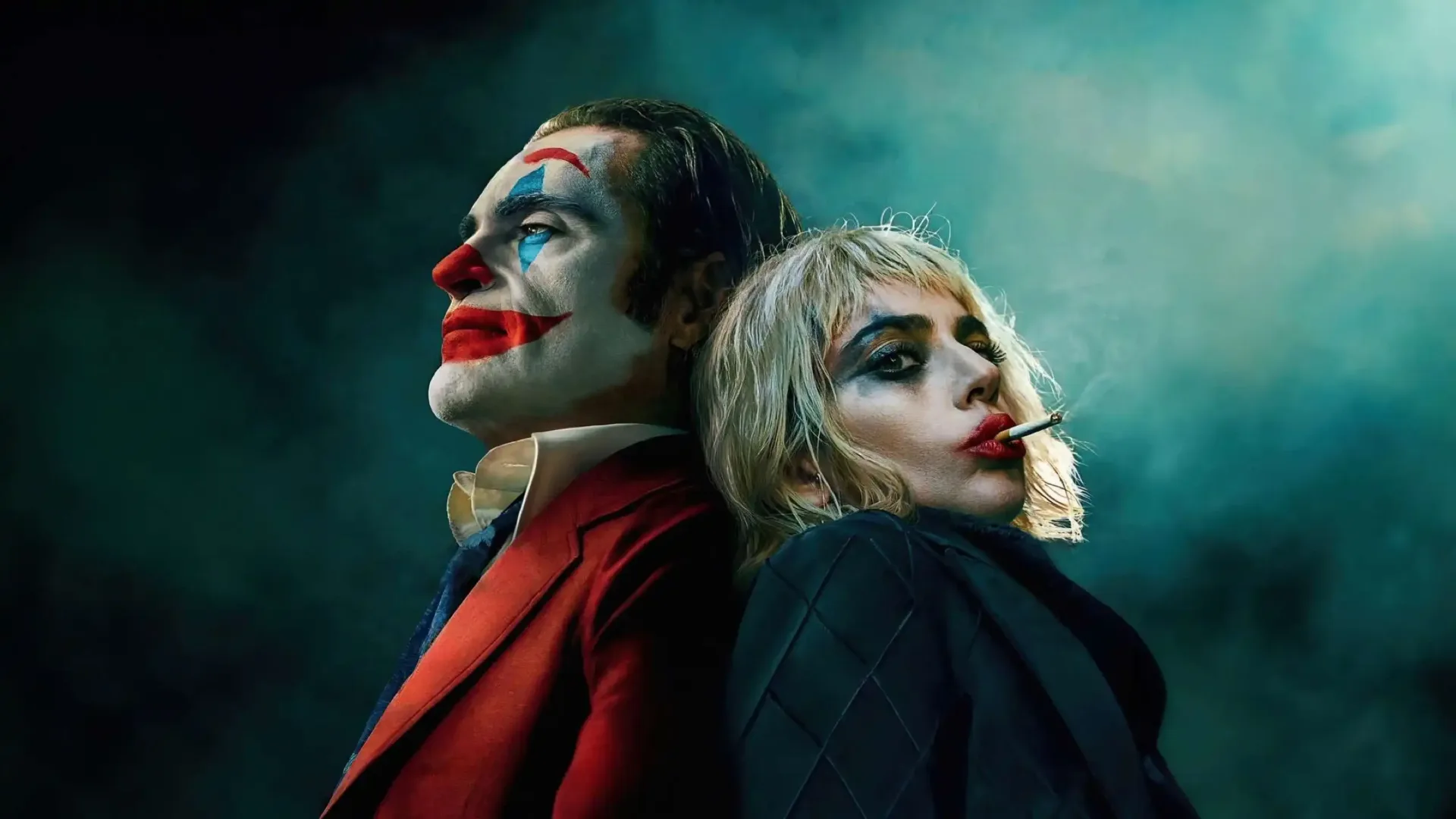You sit in the theater—nervous, skeptical, weirdly hopeful. If ever a movie dared the audience to ask “why ARE we doing this?” before the lights even dim, it’s Joker: Folie à Deux: a sequel that announces itself with a musical number, fingers everyone in the eye (twice for the trouble), and then dares you to care.
I used to thrill at a movie willing to stick its tongue out at the audience, to hell with continuity or creative caution. But Todd Phillips manages something more dispiriting, and not in the exhilarating, rafter-rattling way you sometimes pray for—a condescension that comes on like a lecture delivered at gunpoint, followed by the ultimate crime: torpor. This is a film so bored by its own nasty little provocations, it can barely be bothered to stage them before sleepwalking back into another baggy stretch of redundant exposition. It’s as if, halfway through, the filmmakers realized their entire middle finger had fallen asleep.
Is the point really that “relating to Joker is dumb”? Well, bravo for arriving at the destination everyone booked tickets for five years ago—and then building a whole ride through the same terrain, only this time slower, soggier, and strictly no new stops. There’s a finger-wagging impulse here that would make a Vatican schoolmarm blush. The sneer at those who found “meaning” in the first Joker is so broad you could drive the entire busload of outraged critics through it—a caravan led by Phillips himself, megaphone in hand, telling them precisely what their moral confusion signifies. Yet if you’re going to tip over your own shrine, couldn’t you at least make a show of it? Where’s the fun? If we’re doomed to drown in cynicism, don’t just wade in—dive.
Let’s dispatch the good news, because God knows Phoenix and Gaga shoulder enough here to deserve a mention before the circus resumes. Joaquin Phoenix, gaunt and feverish, is still a marvel—a compulsive, Cro-Magnon specter who throws more color into his Arthur than I thought the palette allowed. There are moments when you see his whole performance as a ballet of subtle twitches and choked-off laughs, and you realize he’s actually topping himself from the first film. Lady Gaga, too, is the rare star who can play not just the role, but the contradiction: she’s a flickering livewire, able to churn up half a dozen micro-expressions while the editing begs the camera to catch up. Her Harley “Lee” Quinzel is equal parts disaster and delight—a character straining so hard to be “real” she nearly combusts from effort.
Yes, they sing. And yes, my teeth hurt a little with dread every time the film limbered up for another musical detour. Phillips and company want it both ways: they can’t wholly commit to the razzle-dazzle of musical delirium—but can’t resist the lure of tossing in another jazz-handed hallucination, either. You’d think after spending a hundred million dollars, someone might have had the nerve to choose a damned lane. Set designer, take a bow: you’re the only one having fun. Choreographer, you did your best trying to coax movement out of a film this leaden. And when Gaga belts—truly belts—it all nearly takes flight. But almost never quite.
At least the thing looks good. Cinematography, raw and unshaved, glistens with the clammy panic of a Gotham City caught somewhere between last call and the next riot—a city so wet it seems to weep, not for the characters, but for the movie itself. Hildur Guðnadóttir delivers another exquisite score. Bless her for keeping the pulse alive while the writing seems to check its own wristwatch, wondering when the anesthesia will wear off.
But oh, the script—the limp, self-defeating script! Never has $200 million bought so much inertia. The first Joker was often charged, perhaps unfairly, with being too shallow to comment on the hollowness it displayed. Here, there’s not even the energy of provocation—just the slightly embarrassed mumble of half-baked ideas about prisons, justice, sanity, and delusion. Whenever an opportunity arises to do more, the film waves it away with a lazy shrug, intent on letting the music smother whatever insight might be clawing toward clarity.
I won’t labor through all the narrative misadventures; suffice it to say, by the time you hit the last act—a tragicomic gesture so ham-handed you wonder if Phillips is auditioning for SNL’s “Unfilmable Courtroom Drama” sketch—you may start to suspect the audience is being punked. And maybe, for all the wrong reasons, that’s the most honest thing the movie does. Its ending may, within the tragic logic of Arthur and Lee’s journeys, make absolute sense, but it lands with the discretion of a dropped grand piano.
And then there’s the boredom, which hangs over every frame. Two hours and twenty minutes, and you feel each second jangling in your pockets like loose change. Somewhere in the middle, as another scene retreads familiar ground, you start to realize—the only question left worth asking is “Why, other than money, was any of this ever conceived?”
There are movies that insult your intelligence, some that challenge your patience, and a few—like Joker: Folie à Deux—that simply drain you. Or maybe the closest thing to genuine risk in Hollywood today is making a big, expensive sequel that has the nerve to make all fun the one thing off-limits. In that sense, the joke is on all of us.
And yet, if this is what it looks like when the lunatics run the asylum, next time, give me a little more madness and a lot less malaise. Otherwise, just turn out the lights and sing us offstage—we’re ready to go home.


